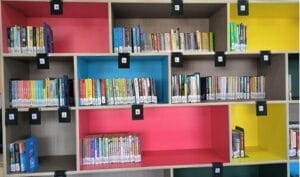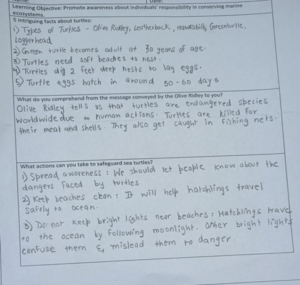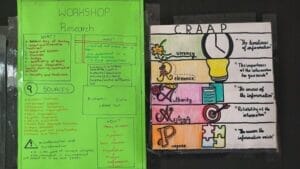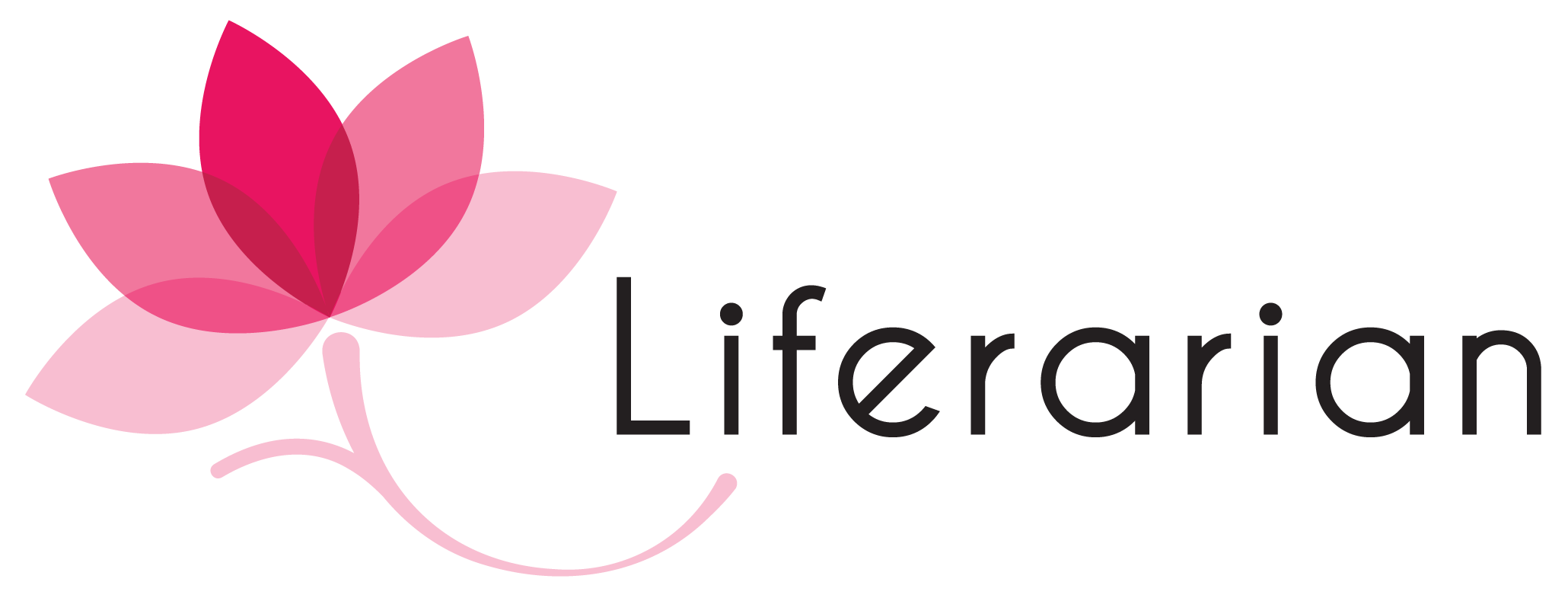Transitioning from a CBSE librarian to an International Baccalaureate (IB) librarian marked the beginning of my professional growth. Drawing from my background as a trained CBSE librarian, I found that my prior experience significantly contributed to a smooth adaptation to this new environment. CBSE school library involved literary activities and reading promotion programs, but the IB setting demanded a more curriculum-aligned approach. Therefore, it is crucial to comprehend the specific needs and requirements of the IB settings. So, I started my learning journey by reading and comprehending IB guides on ideal libraries and From Principles to practice. It helped me to understand the core of IB. IB is different from CBSE in terms of teaching and subject offerings, IB Primary Years Programme (PYP- grades 1 to 5) is based on six different themes and Middle Years Programme (MYP-grades 6-10) has eight integrated subjects.
Tips for a new IB Librarian:
Reflecting on my experience, I would like to offer valuable tips for new IB Librarians
Organization:
 Firstly, organize library materials into three distinct categories: Fiction, Non-Fiction and Subject resources. Fiction can be further arranged as per alphabetical order for easy access. This is the most important step to motivate the learners to utilize library resources without challenges.
Firstly, organize library materials into three distinct categories: Fiction, Non-Fiction and Subject resources. Fiction can be further arranged as per alphabetical order for easy access. This is the most important step to motivate the learners to utilize library resources without challenges.
Engaging Displays:
Secondly, I learned and explored new engaging displays. In CBSE, displays are focused on reading promotion but in IB, the primary focus is on contributing towards fostering the holistic development of learners in line with the IB educational philosophy. In the same lines, I created library displays on IB Learner Profile – to promote a holistic approach to learning, IB encourages its learners to develop a set of ten attributes throughout their education; Approaches to Learning (ATL)-ATL are the essential skills for the learners to develop as they engage in IB curriculum and Citation & Referencing – these are essential components of academic integrity and scholarly writing in IB, it is not of much importance to CBSE schools but in IB, citation plays a significant role in academic writing.
Collaboration:
 Thirdly, I collaborate with the Primary Years Programme (PYP- grades 1 to 5) Homeroom Teachers (HRTs) to grasp the unit requirements for effective collaboration. I implement unit-related activities to underscore the significance of reading. For example:- For PYP 2, the theme was chosen as Sharing the Planet in this unit one of the lines of inquiry was People’s efforts to conserve marine ecosystems (Responsibility). I chose a story on turtles, which shows how humans can contribute to conserving them, and prepared a reflection sheet on it. This shows how the library-integrated activities further deepens learning and builds knowledge. In MYP (Middle Year Program) programs similar learning occurs (Interdisciplinary units),where two disciplines come together to solve a real-world problem from different perspectives.
Thirdly, I collaborate with the Primary Years Programme (PYP- grades 1 to 5) Homeroom Teachers (HRTs) to grasp the unit requirements for effective collaboration. I implement unit-related activities to underscore the significance of reading. For example:- For PYP 2, the theme was chosen as Sharing the Planet in this unit one of the lines of inquiry was People’s efforts to conserve marine ecosystems (Responsibility). I chose a story on turtles, which shows how humans can contribute to conserving them, and prepared a reflection sheet on it. This shows how the library-integrated activities further deepens learning and builds knowledge. In MYP (Middle Year Program) programs similar learning occurs (Interdisciplinary units),where two disciplines come together to solve a real-world problem from different perspectives.
Research Skills:
 As a librarian, I initiated basic research skills workshops for Middle Years Programme (MYP-grades 6-8) learners. It is important to emphasize on a well-planned research process which included; how to conduct authentic and genuine research and teaching them to distinguish between fake news, disinformation, and misinformation.
As a librarian, I initiated basic research skills workshops for Middle Years Programme (MYP-grades 6-8) learners. It is important to emphasize on a well-planned research process which included; how to conduct authentic and genuine research and teaching them to distinguish between fake news, disinformation, and misinformation.
Creating an Academic Integrity Policy:
With the guidance of my Coordinator, I created a policy and handbook on Academic Integrity ( it is the foundation for the credibility and effectiveness of education and research to reflect genuine knowledge and learning) which includes academic misconduct, its types, and how to prevent it. I also included points on how teachers can support learners in adhering to the academic integrity/misconduct guidelines. The emphasis is a lot on ethical use of information.
I also use opportunities to talk to students and emphasize the importance of copyright and fair use of information.
I conduct regular sessions on Modern Language Association (MLA) citation – citation is an integral aspect of scholarly communication, promoting intellectual honesty, transparency, and the responsible use of information in the academic community.
Building a culture of reading :
Last but not the least I always focus on fostering a culture of reading through diverse activities and sessions, highlighting the importance of the library. My motto is “Learn to read and then read to learn.” So, I make all necessary efforts to achieve this mission by reading robustly and consistently.
I hope these tips aim to assist new IB librarians in effectively navigating their roles within the context of the International Baccalaureate framework.
Bhawna Sharma
Librarian
Harvest International School

